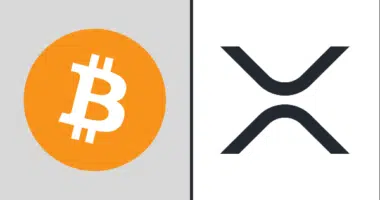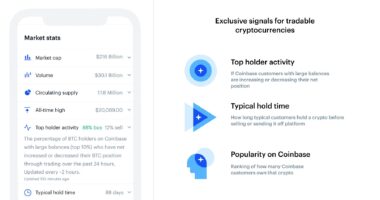In today’s fast-paced world, optimization problems are ubiquitous in various fields, ranging from finance and logistics to scientific research and artificial intelligence. These problems involve finding the best possible solution among a vast number of possibilities. However, traditional computers often struggle to efficiently solve complex optimization problems due to their limited processing capabilities. This is where quantum computing comes into play. Quantum computing is a revolutionary approach to computation, harnessing the principles of quantum mechanics to perform computations at an unprecedented scale and speed. In this article, we dive into the fascinating world of quantum computing and explore why it is exceptionally useful for tackling optimization problems. Why is Quantum Computing Useful for Optimization Problems?
Understanding Quantum Computing
What is Quantum Computing?
Quantum computing is a cutting-edge field of study that applies principles from quantum mechanics to perform computations. Unlike classical computers that use bits to represent information as 0s or 1s, quantum computers use quantum bits or qubits. Qubits can exist in multiple states simultaneously, thanks to the phenomena of superposition and entanglement, allowing quantum computers to explore numerous possibilities concurrently.
How Quantum Computers Work?
Quantum computers use quantum gates to manipulate qubits and perform computations. These gates control the quantum states of qubits, enabling them to interact and create quantum entanglement. By entangling qubits, quantum computers gain a remarkable advantage over classical computers in solving complex problems, as they can explore vast solution spaces in parallel.
Advantages of Quantum Computing for Optimization Problems
Speeding Up Solutions with Quantum Parallelism
In optimization problems, finding the best solution often requires evaluating multiple possibilities. Classical computers explore these possibilities one by one, resulting in time-consuming computations for large-scale problems. Quantum computers, on the other hand, leverage quantum parallelism to explore all possible solutions simultaneously, drastically reducing the time required to find optimal solutions.
Leveraging Quantum Entanglement for Enhanced Search
Quantum entanglement allows qubits to be highly correlated, even when separated by vast distances. This phenomenon enables quantum computers to perform more efficient searches in optimization problems. For example, in a scenario where a classical computer would need to evaluate each potential solution separately, a quantum computer with entangled qubits can evaluate multiple solutions at once, making the search process significantly faster.
Quantum Annealing for Combinatorial Optimization
Quantum annealing is a specialized quantum computing approach specifically designed for combinatorial optimization problems. It involves mapping the problem’s objective function onto a quantum system and then gradually adjusting the system to find the optimal solution. Quantum annealing has shown promising results in solving optimization problems, such as the famous Traveling Salesman Problem, which involves finding the shortest route between multiple cities.
Overcoming Classical Computing Limitations
Classical computers face limitations when it comes to tackling certain optimization problems with a vast number of variables and constraints. These problems, known as NP-hard problems, become exponentially more challenging as the input size increases. Quantum computing offers a potential solution to overcome these limitations, as it can efficiently handle a vast number of variables and explore possible solutions in parallel.
Quantum Machine Learning for Optimization
Machine learning algorithms often encounter optimization challenges when training complex models. Quantum machine learning, a fusion of quantum computing and machine learning, provides a new approach to address these challenges. Quantum computers can efficiently search through vast parameter spaces and optimize machine learning models, paving the way for more advanced and accurate AI systems.
FAQs
What Makes Quantum Computing Superior for Optimization Problems?
Can Quantum Computing Solve NP-Hard Problems?
How Does Quantum Annealing Work?
What are the Limitations of Quantum Computing for Optimization?
Is Quantum Machine Learning the Future of AI?
Are Quantum Computers Accessible for Everyone?
Conclusion
In conclusion, quantum computing offers an unprecedented advantage in tackling optimization problems. With its ability to perform computations at an immense scale and leverage quantum parallelism and entanglement, quantum computers show tremendous promise in revolutionizing various industries that heavily rely on optimization. As the field of quantum computing continues to advance, we can expect to witness groundbreaking solutions to some of the most complex optimization challenges we face today.











